
Growing up as a ’90s kid meant Saturday mornings with cereal and the latest picture on a scratchy VHS. The era overflowed with films that promised adventure and laughter. However, revisiting these flicks as adults might reveal that many don’t hold up to modern scrutiny. Here’s a candid look at those nostalgic ’90s movies that fail to impress anymore.
Congo (1995)
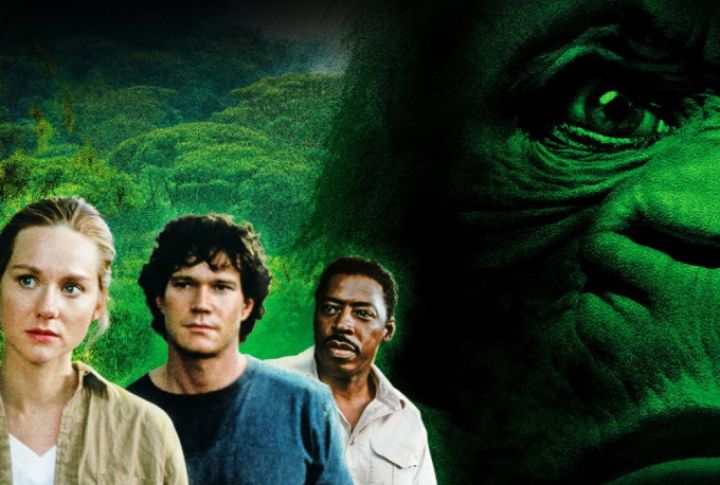
“Congo” attempts to blend adventure with sci-fi horror but ends up with a disjointed tale that neither scares nor excites. The film’s potential for thrilling jungle escapades is lost amid its underdeveloped scenarios and cardboard characters. The lack of suspense and depth disappoints those expecting a gripping odyssey.
Cool World (1992)
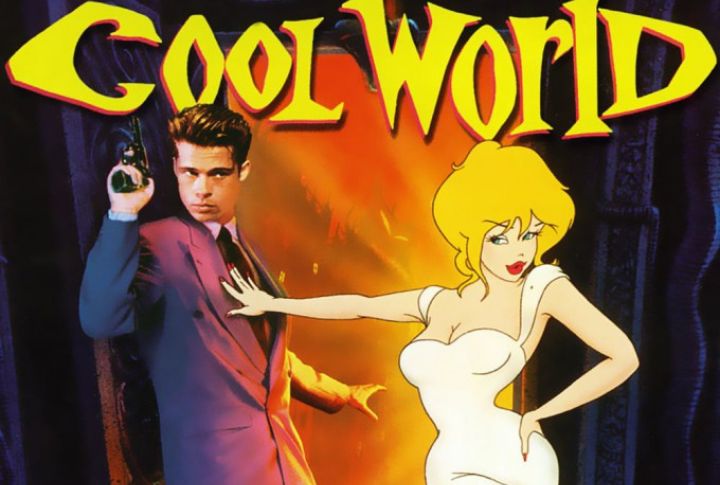
In “Cool World,” a cartoonist enters an animated universe he believes he devised, entangled with a seductive character desiring reality. This mix of live-action and animation creates confusion and lacks coherence in both narrative and visuals. Viewers and critics find the complex storyline and ambiguous purpose disorienting.
Beethoven’s 2nd (1993)
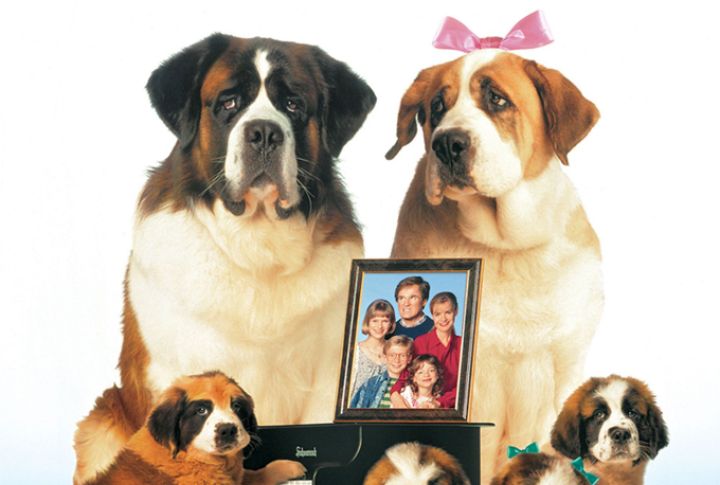
Sequels mostly struggle to replicate the original’s magic, and “Beethoven’s 2nd” is no exception. The allure of St. Bernard is diminished by predictable events and slapstick that seem tiresome instead of amusing. Enthusiasts of the first installment view it as an inferior sequel that lacks the initial appeal.
Batman & Robin (1997)
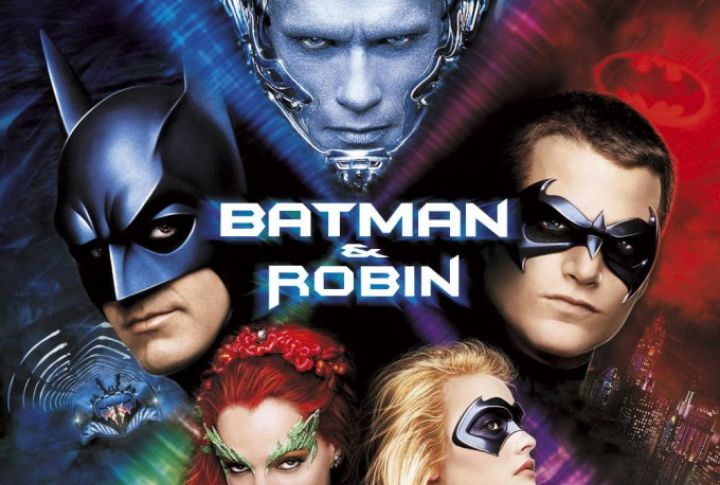
Infamous for its campy tone and over-the-top performances, “Batman & Robin” tries too hard with its pun-heavy dialogue and clunky narrative. Attempts to entertain with excessive gadgets and costumes fail to provide a compelling story. Years later, it’s remembered as a silly caper.
Hook (1991)
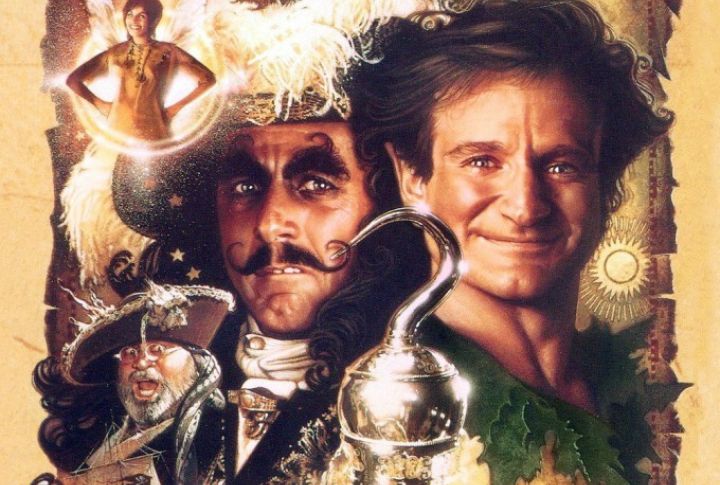
Struggling to ignite the wonder its story demands, “Hook” presents a dragged account in its effort to capture the magic of Peter Pan. Blending nostalgia with adventure appears forced, diminishing its potential magnetism. Many perceive its bid to revive childhood spells falls noticeably short.
The Phantom Menace (1999)
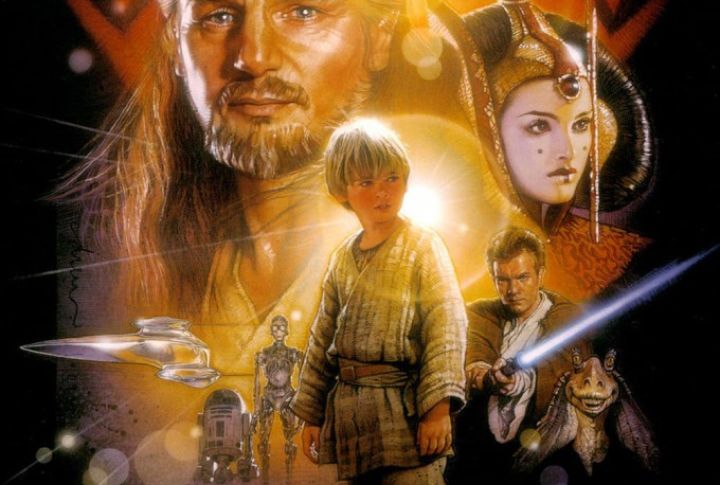
Though groundbreaking in special effects, “The Phantom Menace” falters with a convoluted script and underdeveloped personas, particularly the infamous Jar Jar Binks. His presence significantly detracts from the overall gravitas of the Star Wars saga and has the fans disappointed by its failure to match the legacy of its predecessors.
Waterworld (1995)
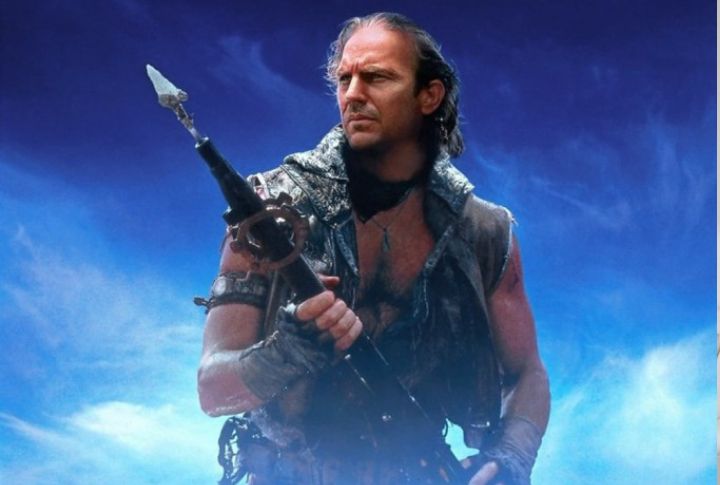
“Waterworld,” with its inflated budget and post-apocalyptic hype, ultimately delivers an underwhelming outline filled with clichés and a predictable scenario. Ambitious settings are eclipsed by mediocre execution and unmemorable characters. Sadly, its prospect drowns in a sea of cinematic excess.
Super Mario Bros. (1993)
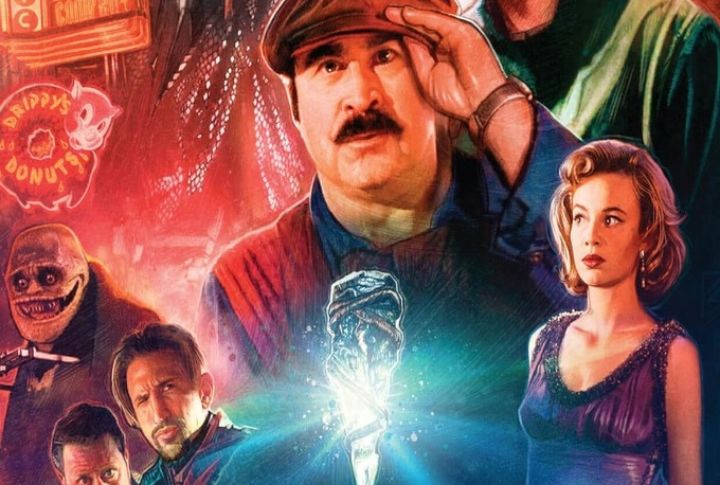
This early attempt at a video game movie, “Super Mario Bros.,” veers far from its delightful source material into a bizarre, dystopian mess. Dark, confusing plot twists strip the game of its charm. Many people miss the colorful and engaging world of the original and find the interpretation disorienting.
Godzilla (1998)
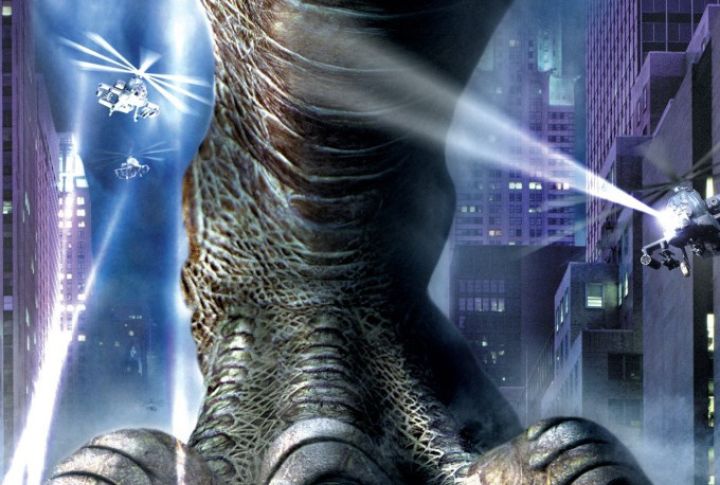
The adaptation of Godzilla misses the mark by focusing too much on spectacle over substance. Weak character development and a storyline bordering on the absurd make it difficult to appreciate it as more than noise and destruction. Unfortunately, its monumental scale can’t save its flimsy plot.
Jumanji (1995)
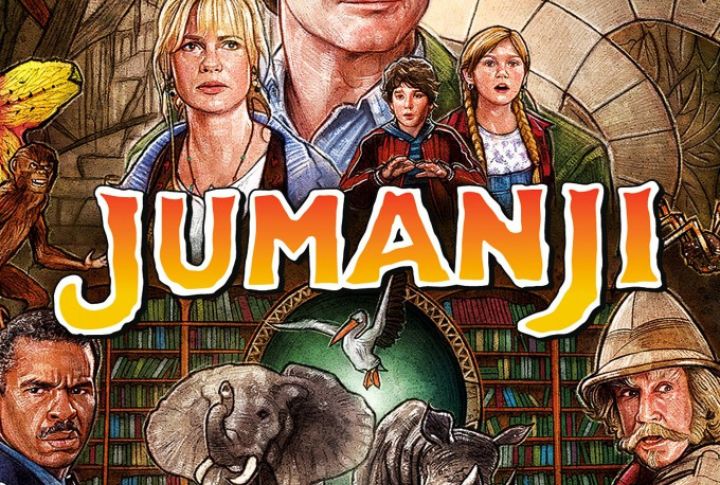
While “Jumanji” has a unique concept, its execution is marred by a chaotic plot and superficial character arcs. The thrill of the game doesn’t translate into a coherent saga, making it less enchanting upon reflection. Upon watching the film again, it elicits confusion rather than nostalgia.
Richie Rich (1994)
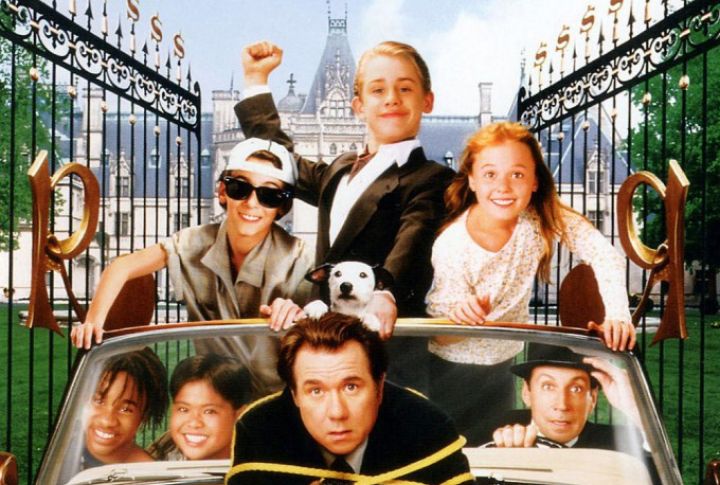
As the wealthiest kid in the world, Richie Rich’s adventures could have been compelling. However, the feature opts for simplistic storytelling and cannot delve into more meaningful or relatable issues, resulting in a superficial portrayal. The depiction of wealth strikes many as fantastical but not inspirational.
Junior (1994)
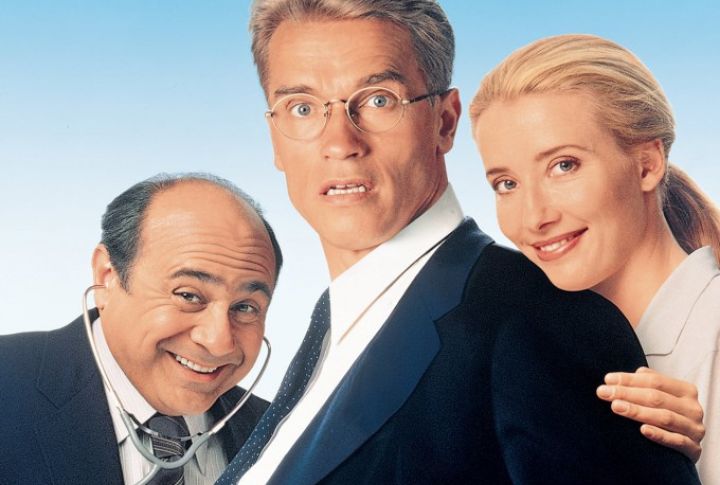
“Junior” brings a bizarre premise to life but fails to deliver it with any logical or comedic finesse. An awkward combination of science fiction and comedy creates a disconnected viewing experience that does not succeed in entertaining. Its humor often misses the mark and leaves audiences puzzled.
Space Jam (1996)
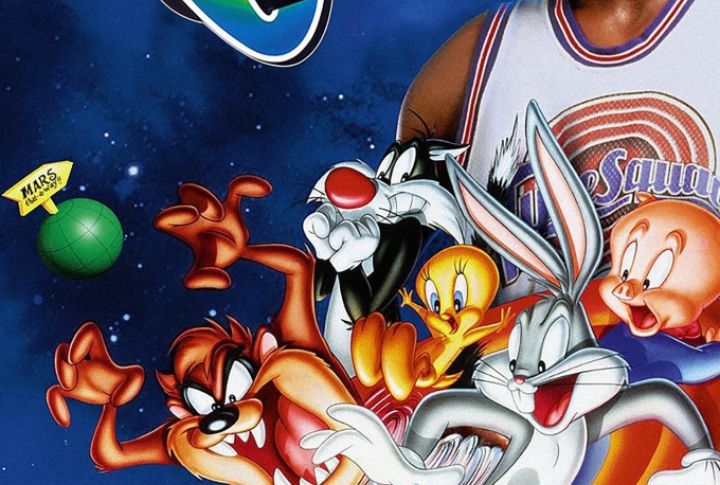
Dazzling initially with its mix of animation and live-action, a revisit to the feature reveals a weak screenplay upheld by gimmicky interactions between Michael Jordan and the Looney Tunes. It functions as a prolonged commercial instead of a solid cinematic effort, with the audience desiring substantial content.
Judge Dredd (1995)
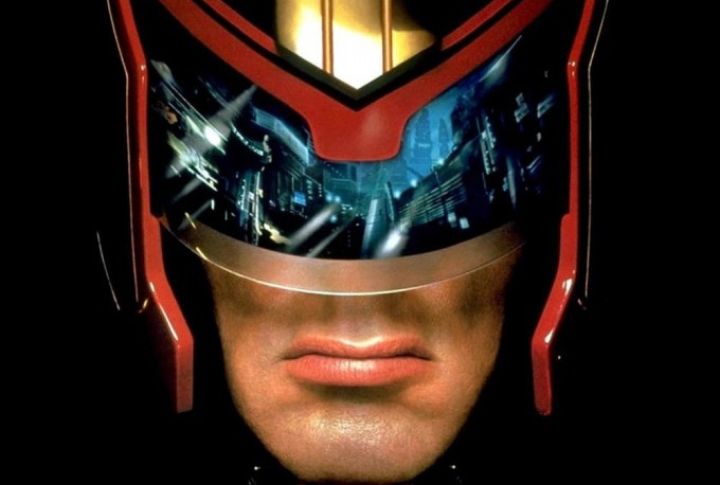
Despite Sylvester Stallone’s star power, “Judge Dredd” suffers from a muddled plot and over-the-top acting that strips away the gritty essence of its comic book origins. Weighty themes are lost in its chaotic presentation, leaving fans of the comics underwhelmed by its lack of depth.
Double Dragon (1994)
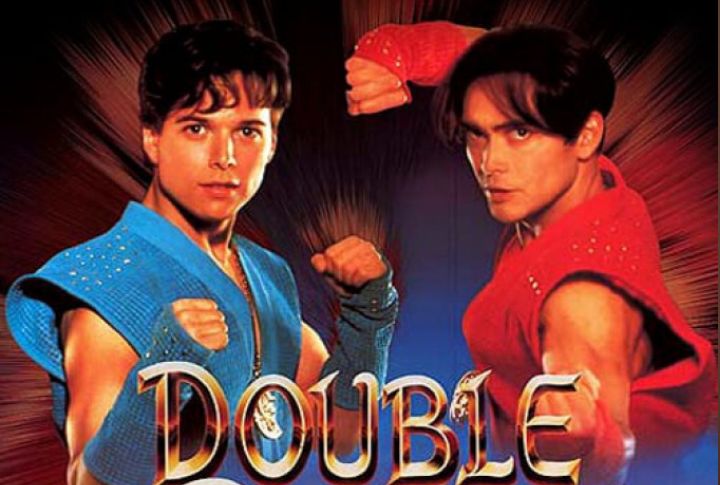
“Double Dragon” is another video game adaptation gone awry, with its cheesy effects and a meandering script that fails to engage. Its attempt at humor and action lands poorly, making it a tedious watch. Viewers are usually left bewildered by its failure to capture the spirit of the arcade classic.
